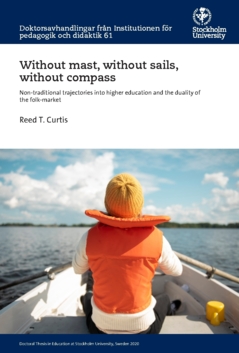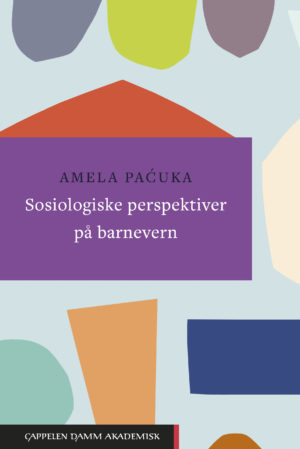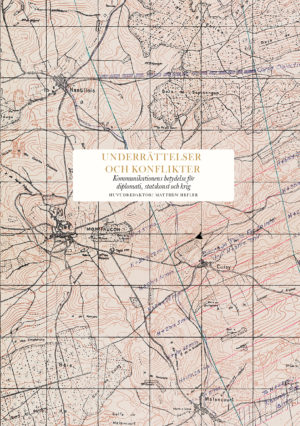In 1809, the trajectory of Swedish history and the identities associated with the country changed after Finland was lost to Russia. Swedish General von Döbeln explained the loss left the nation "without mast, without sails, without compass." The research within this dissertation is not of war but of a similar sense of loss. The loss of the folk-home.
Through a mixed methods case-study of present-day students entering higher education, the author explores the sociocultural history of Sweden, the Swedish education system, student self-efficacy beliefs, and the trajectories students experience on their way into higher education. Findings from this abductive research contribute to the development of folk-market theory, which suggests that neoliberal reforms that embed markets within welfare systems alter transition regimes, redirect state responsibility, and distance connections between individuals, families, and the state. The findings suggest that notions of statist-individualism misrepresent late modern Sweden. This study indicates that though Swedish, neoliberal, and adolescent narratives of "autonomous youth" are unrealistic, they direct educational policy in Sweden. As such, many students are left navigating a competitive folk-market "without mast, without sails, without compass."
This is a doctoral thesis in Education at Stockholm University, Sweden 2020.







